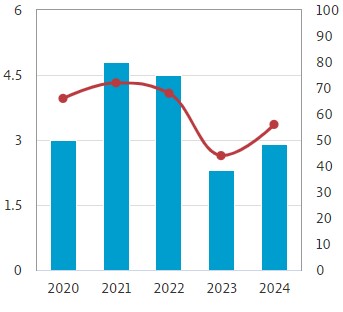Customer-Environment Interaction and Its Influence on Wellness Tourism in Rishikesh
Abstract
Purpose – This study assesses the value co-creation process in wellness tourism by developing and testing a structural equation model (SEM) that examines how tourists’ interactions with the environment, service personnel, and fellow customers influence tourist engagement and perceived wellness impact, within the context of Rishikesh, India.
Design/methodology/approach – Data were collected via self-administered questionnaires from visitors at prominent yoga centres and spa facilities in Rishikesh. The survey measured interactions with the environment, with service staff, and with other customers, along with perceived value and engagement. A total of 300 valid responses were analysed using structural equation modelling.
Findings – The results indicate that customer-perceived value (CPV) has a positive effect on customer engagement (CE), and that CPV itself is significantly influenced by three types of interaction: customer-environment interaction, customer-service-staff interaction, and peer (customer-customer) interaction. Based on these insights, managerial recommendations are offered to enhance engagement in wellness tourism settings in Rishikesh.
Originality/value – By focusing on CPV and its antecedents in the wellness tourism domain, this study addresses a relatively underexamined area. It contributes to the understanding of how value co-creation processes in wellness environments shape both perceived value and engagement among tourists.




